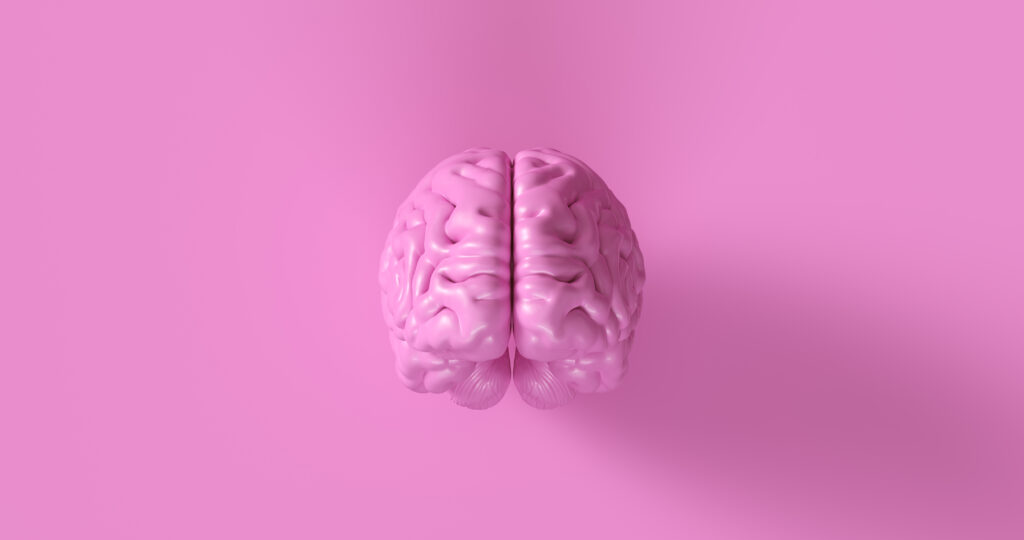Dementia is a complex condition that affects millions of people worldwide, causing significant changes in memory, thinking, and behavior. One of the lesser-known impacts of dementia is its effect on sleep patterns. People with dementia often experience unusual sleep disturbances, which can be both a symptom and a contributing factor to the progression of the disease.
## Why Dementia Affects Sleep
Dementia disrupts normal sleep patterns due to changes in the brain. The suprachiasmatic nucleus, which regulates the body’s internal clock, is often affected, leading to fragmented sleep and excessive daytime napping. Additionally, dementia can reduce melatonin production, making it harder to maintain a consistent sleep-wake cycle. Behavioral symptoms like sundowning, where confusion and agitation worsen towards the end of the day, are also common.
## Impact of Poor Sleep on Dementia
Poor sleep not only disrupts the quality of life for dementia patients but also accelerates cognitive decline. It impairs the glymphatic system, which is crucial for removing toxic proteins like beta-amyloid from the brain. When sleep is disrupted, this clearance process slows down, potentially worsening dementia symptoms.
## Managing Sleep in Dementia Patients
Managing sleep disturbances in dementia patients requires a multi-faceted approach:
1. **Consistent Routine**: Establishing a regular sleep schedule helps stabilize the body’s internal clock. Caregivers can ensure consistent wake-up times, meal times, and bedtime routines.
2. **Sleep-Friendly Environment**: Creating a comfortable sleeping environment by reducing noise, dimming lights, and maintaining a steady temperature can improve sleep quality. Tools like weighted blankets or white noise machines can provide additional comfort.
3. **Physical Activity**: Regular exercise, such as short walks or stretching, can enhance sleep quality without overexerting the patient.
4. **Medication Management**: Caregivers should work with healthcare providers to adjust medications that might interfere with sleep.
5. **Addressing Sleep Disorders**: Identifying and treating underlying sleep disorders, such as sleep apnea or restless leg syndrome, is crucial for improving overall sleep health.
6. **Behavioral Therapies**: Techniques like cognitive behavioral therapy for insomnia (CBT-I) and relaxation exercises can help manage sleep issues effectively.
By addressing sleep disturbances proactively, caregivers and healthcare providers can significantly improve the well-being of dementia patients and potentially slow the progression of the disease.



